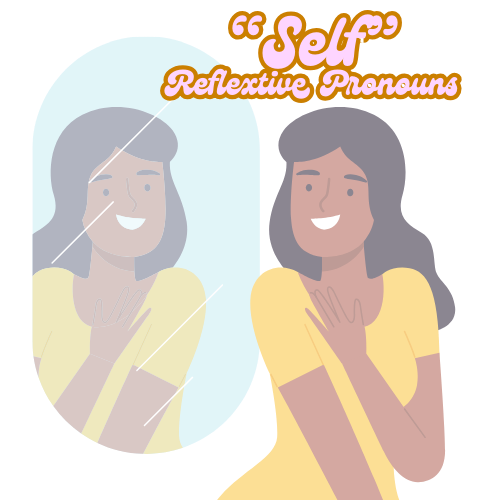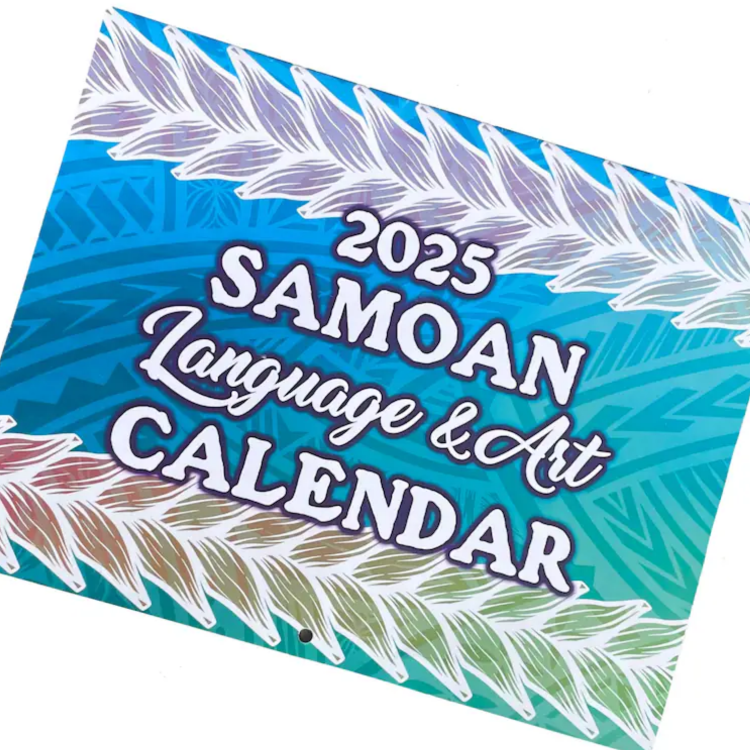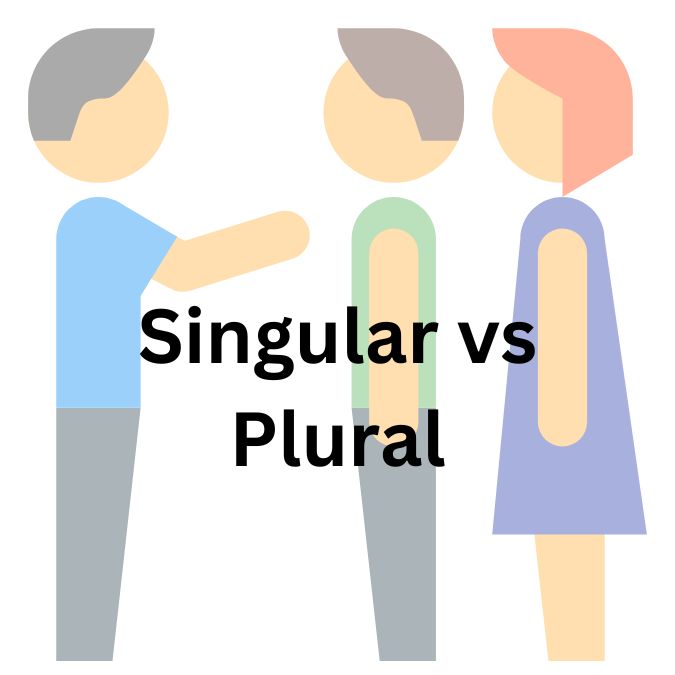Samoan Language Lesson: Reflexive Pronouns
In Samoan, reflexive pronouns are used to indicate that the subject of the sentence is performing an action on themselves. These pronouns help clarify that the subject and the object of the action are the same person or group. Reflexive pronouns in English include words like “myself,” “yourself,” “ourselves,” etc. Learning to use reflexive pronouns in Samoan can add precision and clarity to your sentences.
Reflexive Pronouns in Samoan
In Samoan, reflexive pronouns are formed by combining the base pronoun with the word “lava”. The word “lava” is versatile and often used in Samoan to emphasize or specify, but when it follows a pronoun, it creates the reflexive form. For example, ‘oe lava means “yourself,” and ia lava means “himself/herself.”
List of Samoan Reflexive Pronouns
Here’s a list of the reflexive pronouns in Samoan:
| English | Samoan | Literal Translation |
|---|---|---|
| Myself | A‘u lava | I myself |
| Yourself (sing.) | ‘Oe lava | You yourself |
| Himself/Herself | Ia lava | He/She himself/herself |
| Ourselves | Mātou lava | We ourselves (exclusive) |
| Ourselves | Tātou lava | We ourselves (inclusive) |
| Yourselves (pl.) | Outou lava | You all yourselves |
| Themselves | I latou lava | They themselves |
The structure is straightforward: pronoun + lava = reflexive pronoun.
Basic Usage of Reflexive Pronouns
In sentences, reflexive pronouns in Samoan typically follow the verb or the object of the sentence, depending on the emphasis. They are used in both direct and indirect actions, just as in English.
Example Sentences:
- Na tapena a‘u lava i le ‘aiga.
- “I prepared myself for the meal.”
- Here, a‘u lava (myself) follows the verb tapena (to prepare), indicating that the subject (I) prepared the object (myself).
- Fa‘amālie ‘oe lava i le galuega.
- “You satisfied yourself with the work.”
- ‘Oe lava (yourself) emphasizes that the subject (you) is also the object of the verb fa‘amālie (to satisfy).
- Sa fufulu ia lava i le vai mālūlū.
- “He washed himself with cool water.”
- Here, ia lava (himself) shows that “he” is performing the action on himself.
- Matou te ‘aumai mātou lava i le aso to‘ona‘i.
- “We will bring ourselves on Saturday.”
- Mātou lava (ourselves) follows the verb to clarify that the group will arrive by their own means or effort.
- Na ‘o mai outou lava e fesoasoani.
- “You came yourselves to help.”
- Outou lava (yourselves) specifies that “you all” are the ones coming without anyone else’s involvement.
Emphasis with Reflexive Pronouns
Reflexive pronouns are often used for emphasis in Samoan, especially when there is a need to indicate that an action was done independently or without external help.
Example Sentences:
- Ua fa‘amaoni a‘u lava i la‘u galuega.
- “I am truly dedicated to my work myself.”
- Adding a‘u lava emphasizes personal dedication.
- E mafai ona e faia ‘oe lava.
- “You can do it yourself.”
- ‘Oe lava stresses independence.
- Sa fiafia i latou lava i le latou fa‘atinoga.
- “They were pleased with their own performance.”
- Here, i latou lava (themselves) reinforces that they are pleased with what they, specifically, have achieved.
Cultural Note
In Samoan, lava serves as an intensifier that emphasizes actions taken personally or independently. Adding lava not only forms reflexive pronouns but also often implies self-reliance and individual effort, which are valued traits in Samoan culture. It’s not uncommon to hear expressions that include lava as a way to politely emphasize personal responsibility or the ownership of an action.
Practice Exercises
To strengthen your understanding of reflexive pronouns, try these exercises:
- Translate the following English sentences to Samoan:
- “I cooked for myself.”
- “They organized the event themselves.”
- “We decided to go by ourselves.”
- “You should help yourself to some food.”
- Complete the sentences using the appropriate reflexive pronoun:
- Na tapena ___ lava mo le malaga.
- Ua fufulu ___ lava i le vai māfana.
- E mafai ona e faia ___ lava.
- Ua filifili ___ lava e malaga.
- Think of a personal situation and write a sentence about something you did for yourself using the reflexive pronoun.
Recap
In Samoan, reflexive pronouns use the combination of a base pronoun and lava to indicate actions done independently or upon oneself. Practicing with these structures will enhance your conversational skills and make your Samoan expressions more nuanced and precise. Remember that lava carries cultural significance as well, embodying the values of personal effort and independence.
With regular practice, you’ll become comfortable using reflexive pronouns and adding depth to your Samoan language skills.





